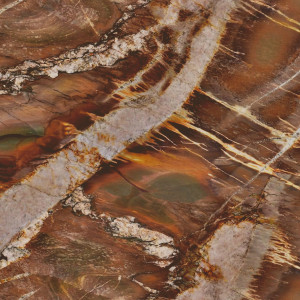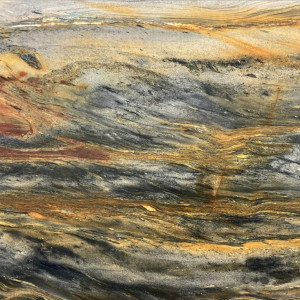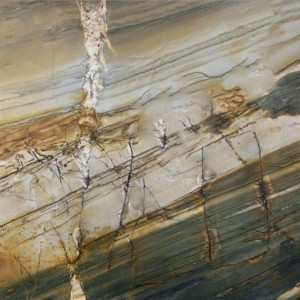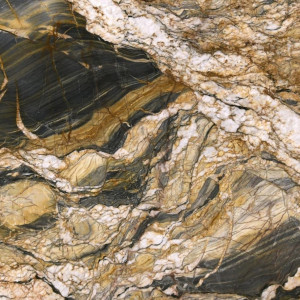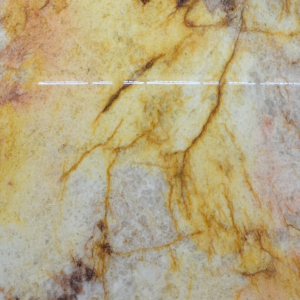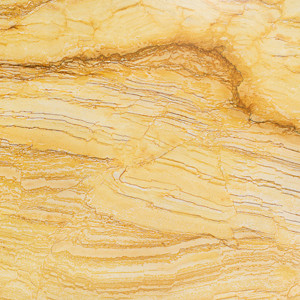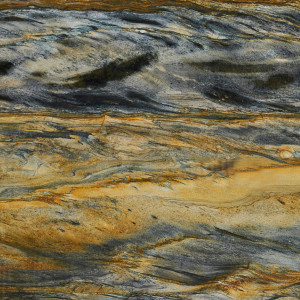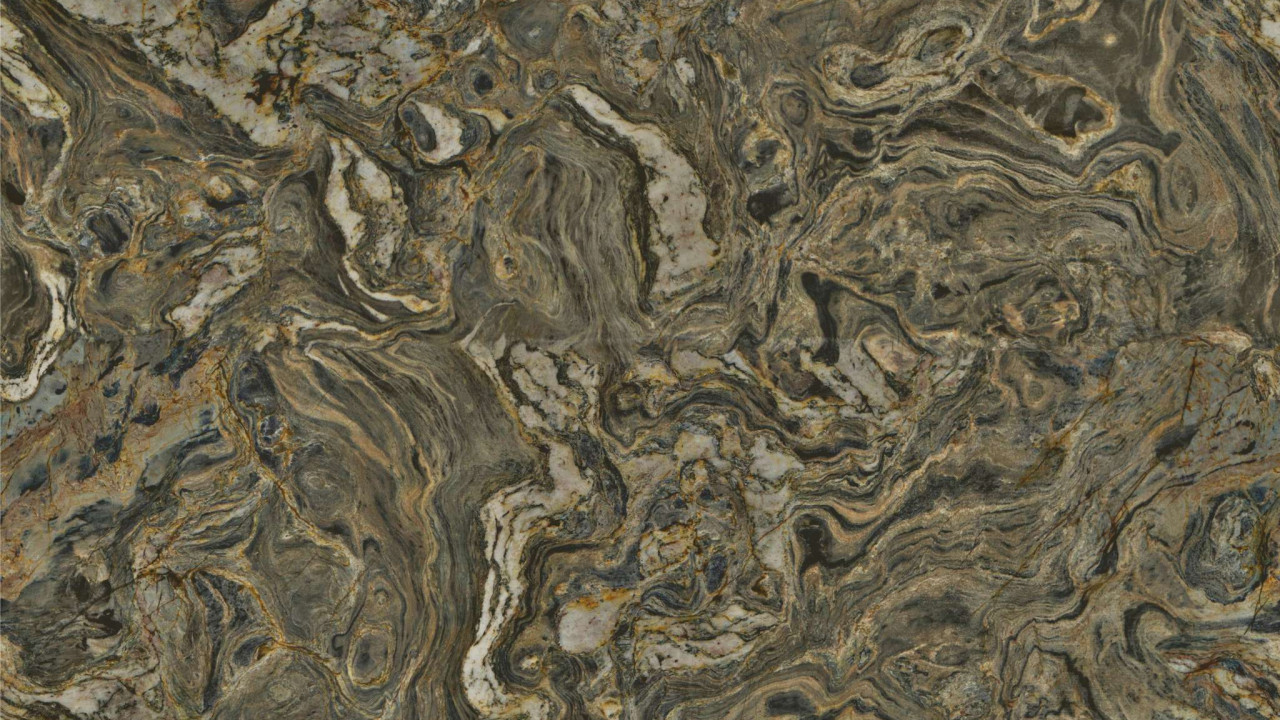
Cobalt Quartzite
Cobalt is combination of greys, golds, beige, white, and green to make a curious quartzite slab which can be a little surprising at first glance. The colors do not harmonize like other stone, instead swirling around and vying for control to be seen. Once you let your eyes settle on the exotic slab, you notice how each color seems to express movement and emotion while dancing their way to the surface.
It is only fitting that an exotic stone like Cobalt quartzite is quarried from an exotic land like Brazil. Cobalt quartzite is durable and relatively easy to take care of; needing little more than warm water and a mild dish soap to clean spills and stains. It is very resistant to scratches, staining and chipping, as well as capable of withstanding high temperatures. Cobalt does contain several small pores and pits, requiring sealing for an added layer of protection. Dazzle your guests with its captivating movement by installing it as your kitchen countertop, bathroom floor, or indoor bar.
Material Type: Quartzite
Country of origin: Other
Colors: Gold, Grey, Green, Beige
- 1. What is quartzite?
- Quartzite, not to be confused with quartz, is a natural metamorphic rock. Quartzite is a highly sought-after material due to its glassy appearance often resembling marble.
- 2. Is quartzite and quartz the same material?
- Quartzite is not the same material as quartz.
- 3. Can I install quartzite as a kitchen countertop?
- Yes, quartzite may be used for kitchen countertops.
- 4. Does quartzite need to be sealed?
- Yes, quartzite needs to be sealed. We recommend resealing quartz countertops 2 to 3 times per year.
- 5. Can I cut directly on quartzite countertops?
- You can cut and chop directly on your quartzite countertops, however it is not recommended as it may result in damage to your knives.
- 1. Do you provide free samples? How many samples can I take?
- At marble.com samples are free, and we encourage our clients to take up to ten samples per visit.
- 2. What materials can I find at your facilities?
- All Marble.com facilities carry slabs of granite, quartz, quartzite, marble, soapstone, slate, limestone, and travertine. Our Ridgefield Park yard has the largest selection, also offering slabs of gemstone, porcelain, and glass.
- 3. Why should I see a slab in person?
- Since every slab of natural stone is completely unique, we recommend visiting one of our facilities to see slab patterns and variations in person.
- 4. Where does your material come from?
- At marble.com we source our stone only from the most reputable quarries from around the globe, including those from Italy, Spain, Brazil, and India.
- 5. Why is some stone more expensive than others?
- Stone slabs that are extremely rare and boast unique colors tend to be more expensive than commonly found stone.
- 6. Do I have to seal natural stone?
- We do recommend sealing natural stone countertops periodically, the frequency of sealing the stone depends on the material.
- 7. What is a honed finish?
- A honed stone finish refers to the smooth, matte surface of the material, which creates a visibly lighter and softer tone. While honed finish might be an ideal design choice for some homeowners, it also makes the stone more susceptible to staining and etching.
- 8. Can a chip on my countertop be repaired?
- Most chips, smaller than a dime in diameter, can be repaired by the homeowner using a chip repair kit. We do recommend professional service care for larger chips.
- 9. Can I install my own countertops?
- We recommend professional installation, completed by our trained technicians for all major projects, however some smaller pieces may be installed by the customers.




 Facebook
Facebook
 Twitter
Twitter
 E-mail
E-mail
 LinkedIn
LinkedIn
 Pinterest
Pinterest
